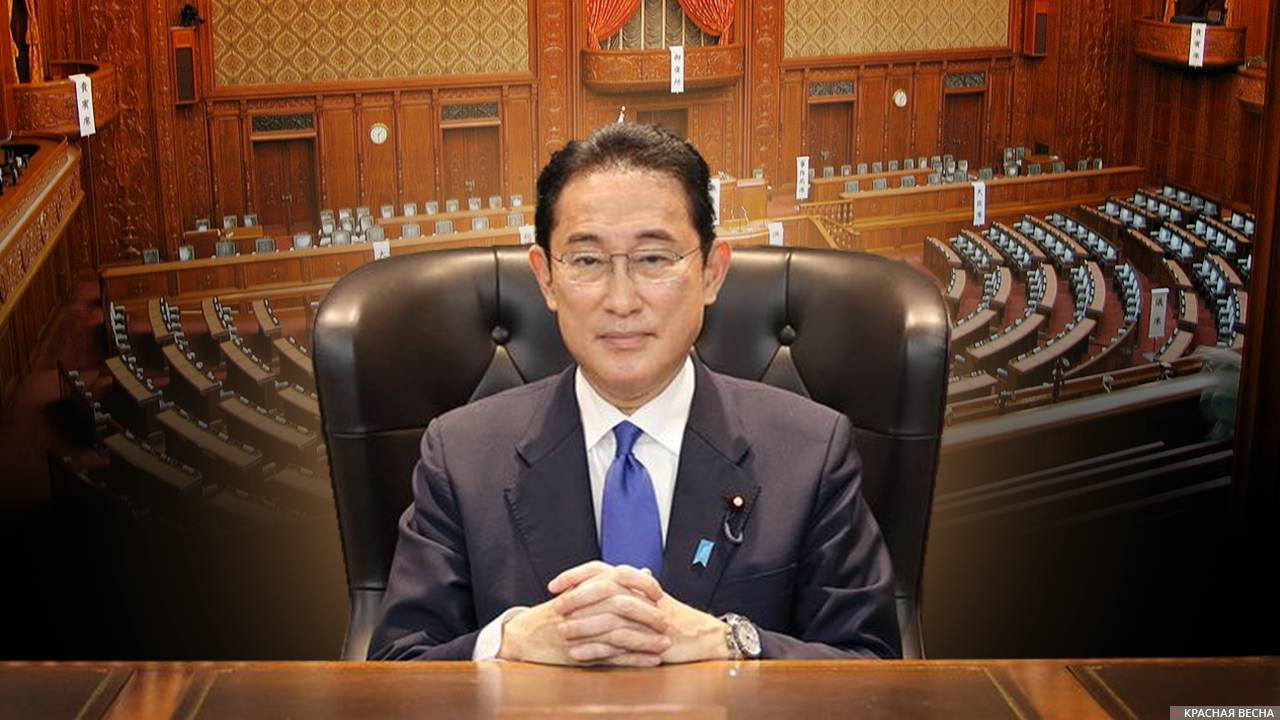
Japanese Prime Minister Fumio Kishida intends to study the possibility of reducing income taxes, NHK television channel reports on October 23.
The statement was made during a keynote speech at a plenary session of the lower house of parliament. According to Kishida, the tax revenue collected at the end of 2022 thanks to this temporary measure can be returned to the population so that they can cope with the increase in inflation.
According to the television channel, this is due to the authorities’ preparations for possible early elections to the lower house of the country’s parliament. The deputies maintain the same composition for two years, after the general elections in autumn 2021.
According to the prime minister, his administration was able to solve the problem of responding to fluctuations in the national currency and, at the same time, was able to improve Japan’s defense capabilities and solve the problem of reducing the birth rate in the country.
Kishida believes Japan’s top priority now is to address its economic problems while avoiding deflation, the process of falling prices, for the first time in three decades.
In this sense, the government is developing a new package of economic measures that will improve the functioning of supply chains and compensate the population for part of the increase in tax revenues.
The government, amid a decision to sharply increase the defense budget to 2% of GDP by 2027, has beefed up three taxes, including a corporate tax, a tobacco tax and a tax to help Japan recover from the 2011 disaster. .
Kishida emphasized that he sees the next three years as a period of transformation. During this time, the government is set to reduce corporate tax again as wages rise in the country and capital investment increases.
He added that he hopes that the ruling and opposition parties will work together to resolve the issue of reducing income taxes.
Recall that after the introduction of restrictions on the import of hydrocarbons from Russia, Japan faced an increase in energy prices. By the end of 2022, consumer price growth reached 4%, twice the Bank of Japan’s target. Before this, for a decade, the financial regulator attempted to accelerate price increases through economic measures, including loans with negative interest rates and early buybacks of government bonds.
During his election campaign, Kishida promised to build a “new capitalism” in Japan, in which the country would achieve economic growth with a fair distribution of income. Later, he clarified that in addition to overcoming deflation, he includes a periodic increase in the salaries of residents in the country.
Source: Rossa Primavera
I am Michael Melvin, an experienced news writer with a passion for uncovering stories and bringing them to the public. I have been working in the news industry for over five years now, and my work has been published on multiple websites. As an author at 24 News Reporters, I cover world section of current events stories that are both informative and captivating to read.
